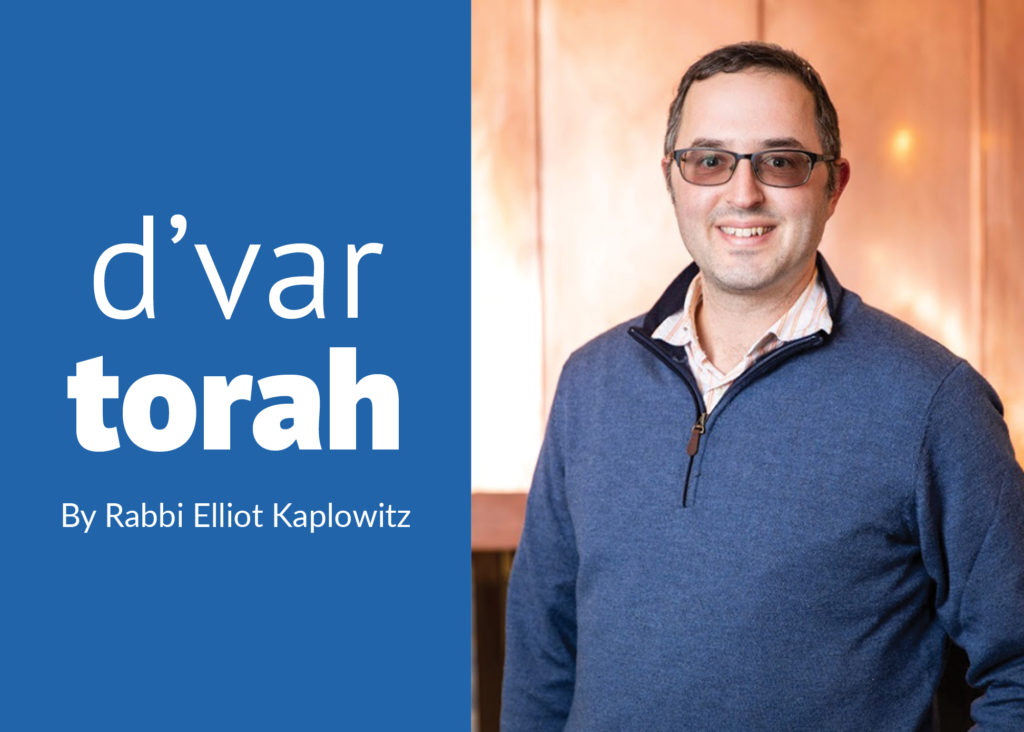
By Rabbi Elliot Kaplowitz
The opening of Parshat Shoftim contains one of the most often quoted verses of Chumash: “Tzedek tzedek tirdof” — “Justice, justice shall you pursue that you may thrive and occupy the land that the Lord your God is giving you” (Deuteronomy 16:20).
The Chasidic master Sefat Emet (R. Yehuda Aryeh Leib Alter, 1847-1905) observes that this is the only time that the Torah instructs to pursue something. Understanding the idea of justice to represent truth, he further notes that the only thing we are commanded to distant ourselves from is falsehood, as we find in Exodus 23:7: “Keep far away from a false charge.”
He explains that we must pursue tzedek/truth because the uncovering of truth may lead to complacency. “Once one attains a little bit of truth, they must be careful to not give up their pursuit of truth…The truth that one seeks after finding the first bit of truth is the true pursuit of truth.”
This insight brings to mind a mishnah in Pirkei Avot which implores us to pursue another ideal — peace. The mishnah states: “Be of the disciples of Aaron, loving peace and pursuing peace.”
I have always understood this mishnah to mean that peace — whether in a diplomatic sense, or as a description of one’s peace of mind — is an ideal which we can never fully achieve. Nonetheless we can never abandon our passion and desire to achieve it.
The same can be said of all the great values and ideals by which we live our lives: Truth, justice, peace are all ideals that we must passionately pursue even if we know that we may never fully achieve them.
The pursuit of our ideals brings to mind another idea which resonates as we are now in the month of Elul and preparing for the High Holidays. We are meant to be engaged in the process of teshuvah — repentance and self-reflection — during this time of year. Rebbe Nachman of Breslov explains that if one does proper teshuvah and truly understands the magnitude of their sins and the rift they cause in their relationships both interpersonal and with God, then the second one does effective teshuvah they will realize how inadequate it was. The person will be propelled closer to God and closer to their fellow and realize how deeply the relationship was ruptured. Through the process of teshuvah they will come to understand that their teshuvah was grossly inadequate. The person will have to do teshuvah for the original teshuvah. Thus, just like the pursuit of justice, truth and peace, the process of teshuvah is a never-ending pursuit of something that can never be fully achieved.
As we read Parshat Shoftim and begin our personal teshuvah process in anticipation of the upcoming chagim (holidays), let us commit ourselves to pursue those values and ideals that are truly worthwhile even if they are complicated and even if they are never fully realized.
Rabbi Elliot Kaplowitz is rabbi of Congregation Netivot Shalom.







